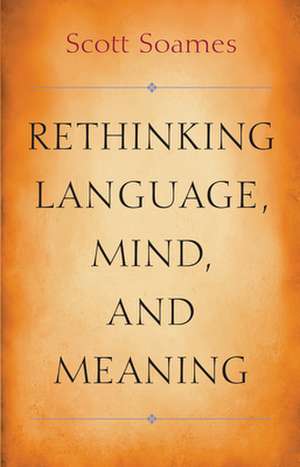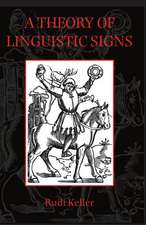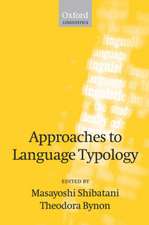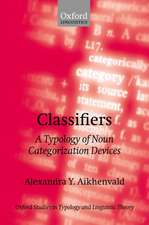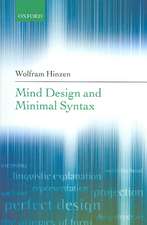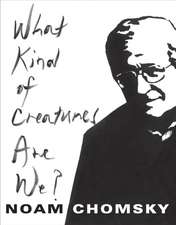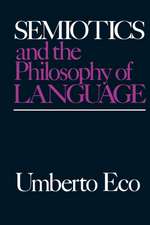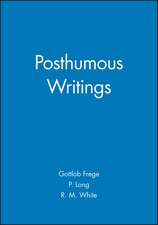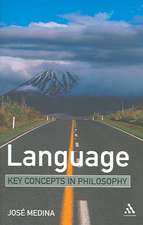Rethinking Language, Mind, and Meaning: Carl G. Hempel Lecture Series
Autor Scott Soamesen Limba Engleză Paperback – 27 sep 2020
He does so by arguing that propositions are repeatable, purely representational cognitive acts or operations that represent the world as being a certain way, while requiring minds that perform them to satisfy certain cognitive conditions. Because they have these two types of content--one facing the world and one facing the mind--pairs of propositions can be representationally identical but cognitively distinct. Using this breakthrough, Soames offers new solutions to several of the most perplexing problems in the philosophy of language and mind.
| Toate formatele și edițiile | Preț | Express |
|---|---|---|
| Paperback (1) | 244.83 lei 6-8 săpt. | |
| Princeton University Press – 27 sep 2020 | 244.83 lei 6-8 săpt. | |
| Hardback (1) | 294.03 lei 3-5 săpt. | |
| Princeton University Press – 15 iun 2015 | 294.03 lei 3-5 săpt. |
Preț: 244.83 lei
Nou
Puncte Express: 367
Preț estimativ în valută:
46.86€ • 48.55$ • 39.10£
46.86€ • 48.55$ • 39.10£
Carte tipărită la comandă
Livrare economică 21 martie-04 aprilie
Preluare comenzi: 021 569.72.76
Specificații
ISBN-13: 9780691211497
ISBN-10: 0691211493
Pagini: 256
Dimensiuni: 143 x 217 x 16 mm
Greutate: 0.32 kg
Editura: Princeton University Press
Seria Carl G. Hempel Lecture Series
ISBN-10: 0691211493
Pagini: 256
Dimensiuni: 143 x 217 x 16 mm
Greutate: 0.32 kg
Editura: Princeton University Press
Seria Carl G. Hempel Lecture Series
Notă biografică
Descriere
Descriere de la o altă ediție sau format:
In this book, Scott Soames argues that the revolution in the study of language and mind that has taken place since the late nineteenth century must be rethought. The central insight in the reigning tradition is that propositions are representational. To know the meaning of a sentence or the content of a belief requires knowing which things it repre
In this book, Scott Soames argues that the revolution in the study of language and mind that has taken place since the late nineteenth century must be rethought. The central insight in the reigning tradition is that propositions are representational. To know the meaning of a sentence or the content of a belief requires knowing which things it repre
